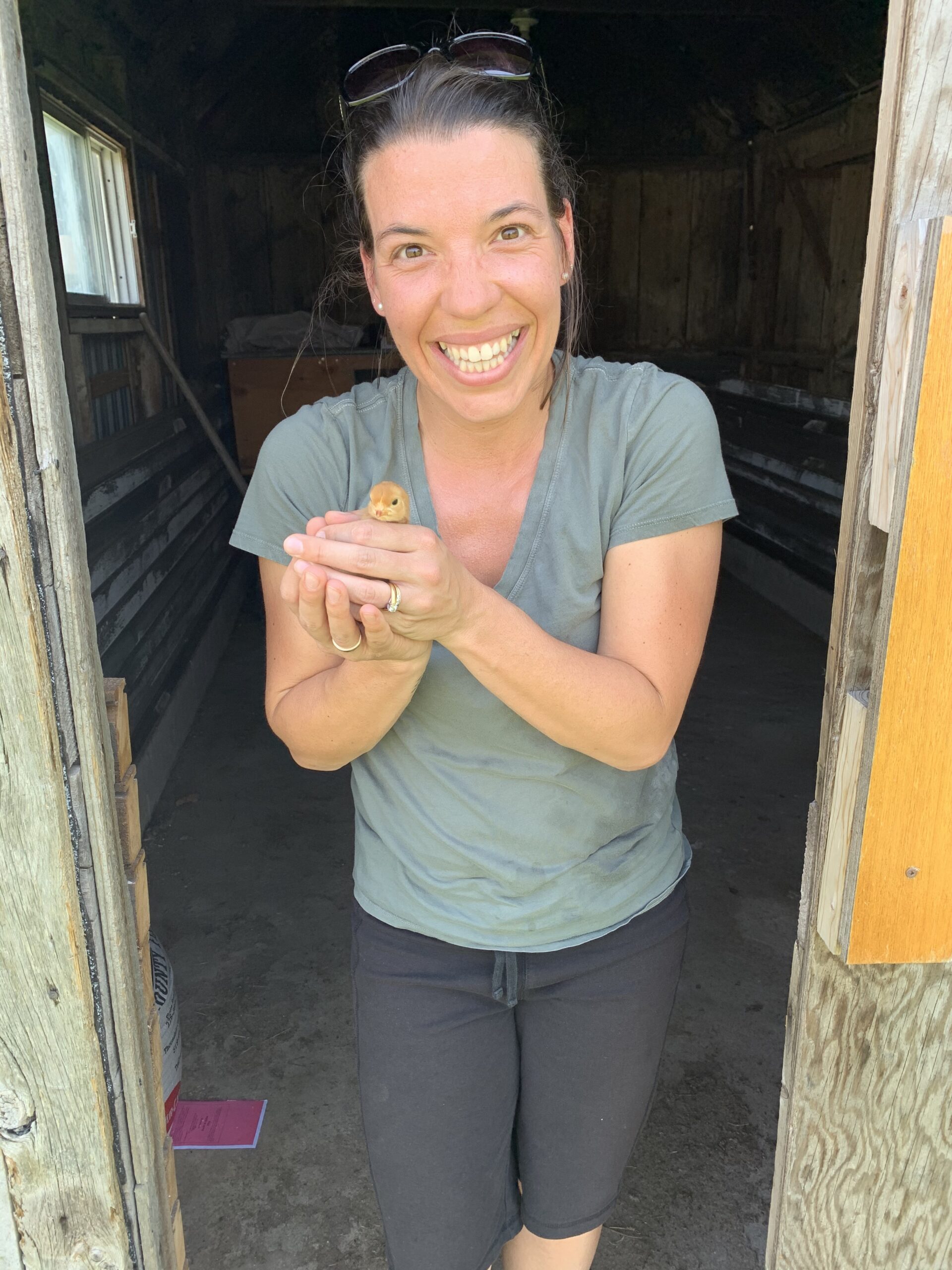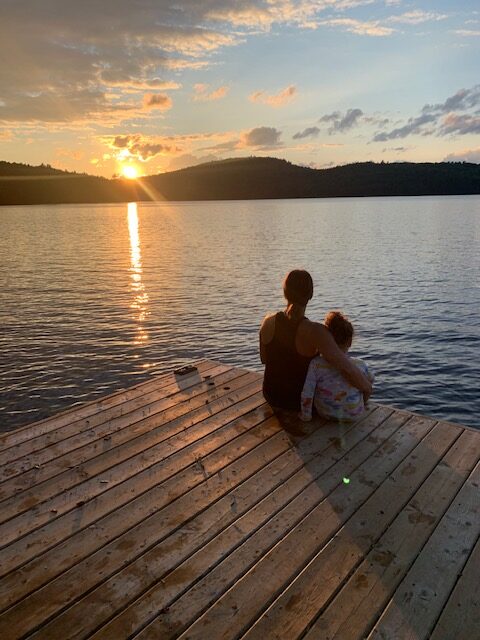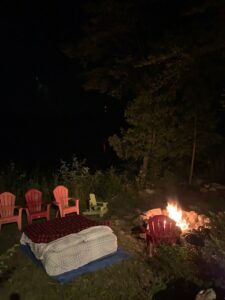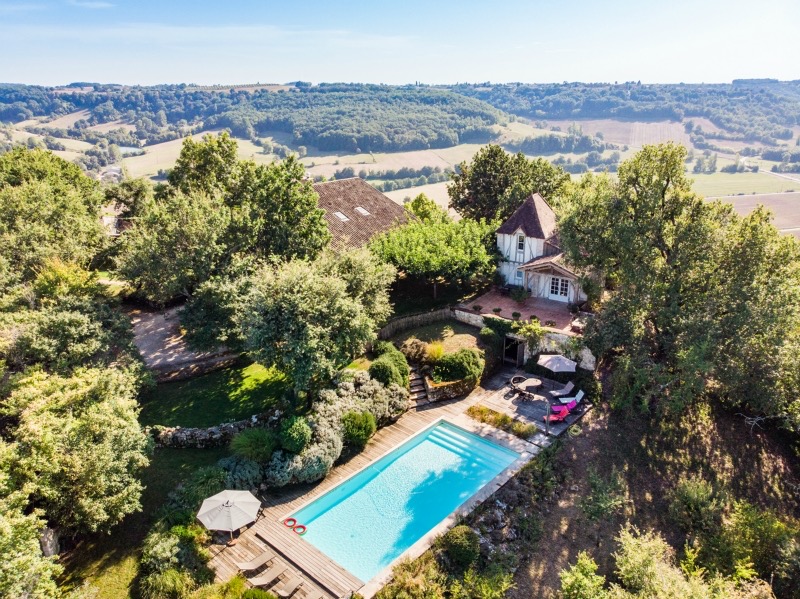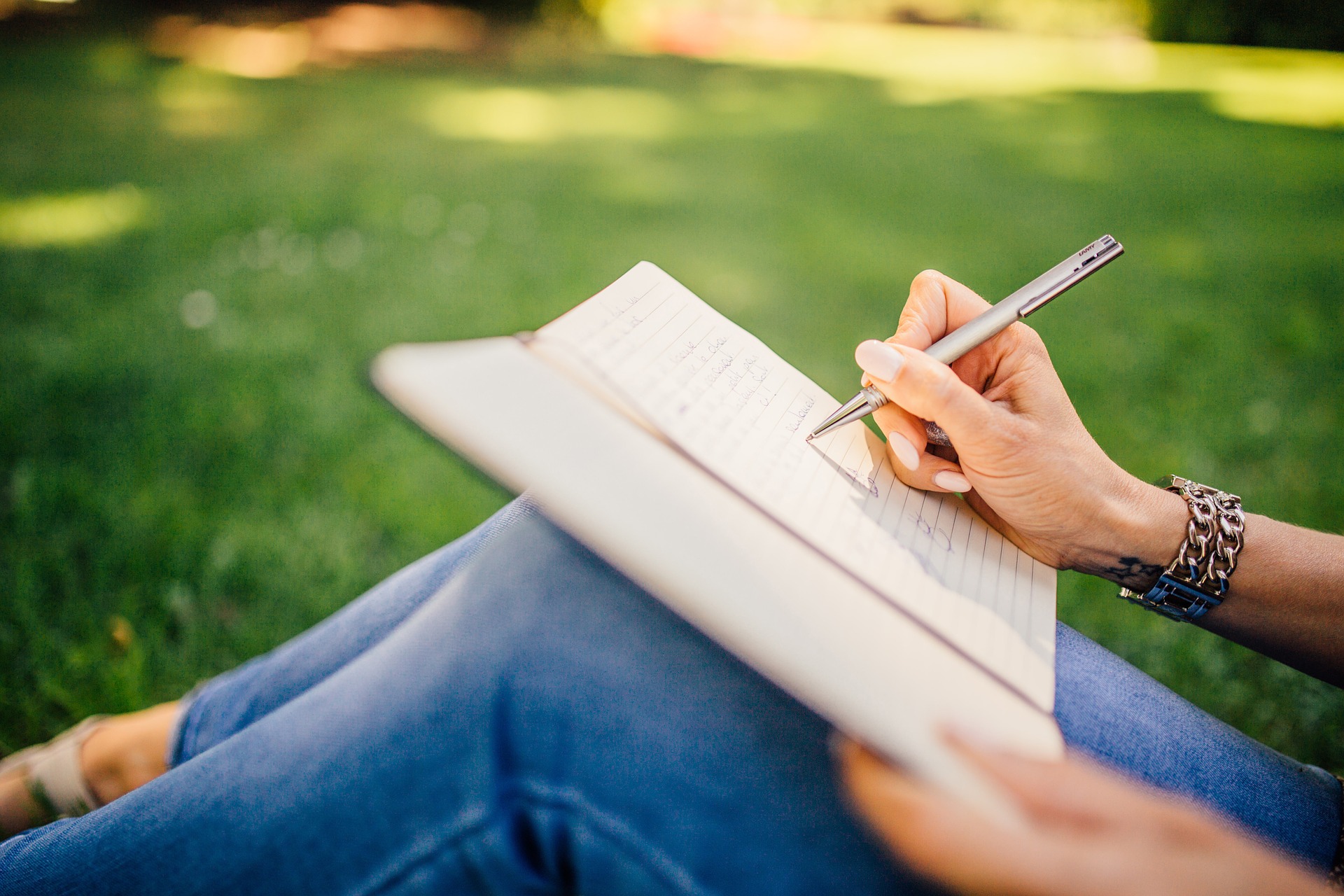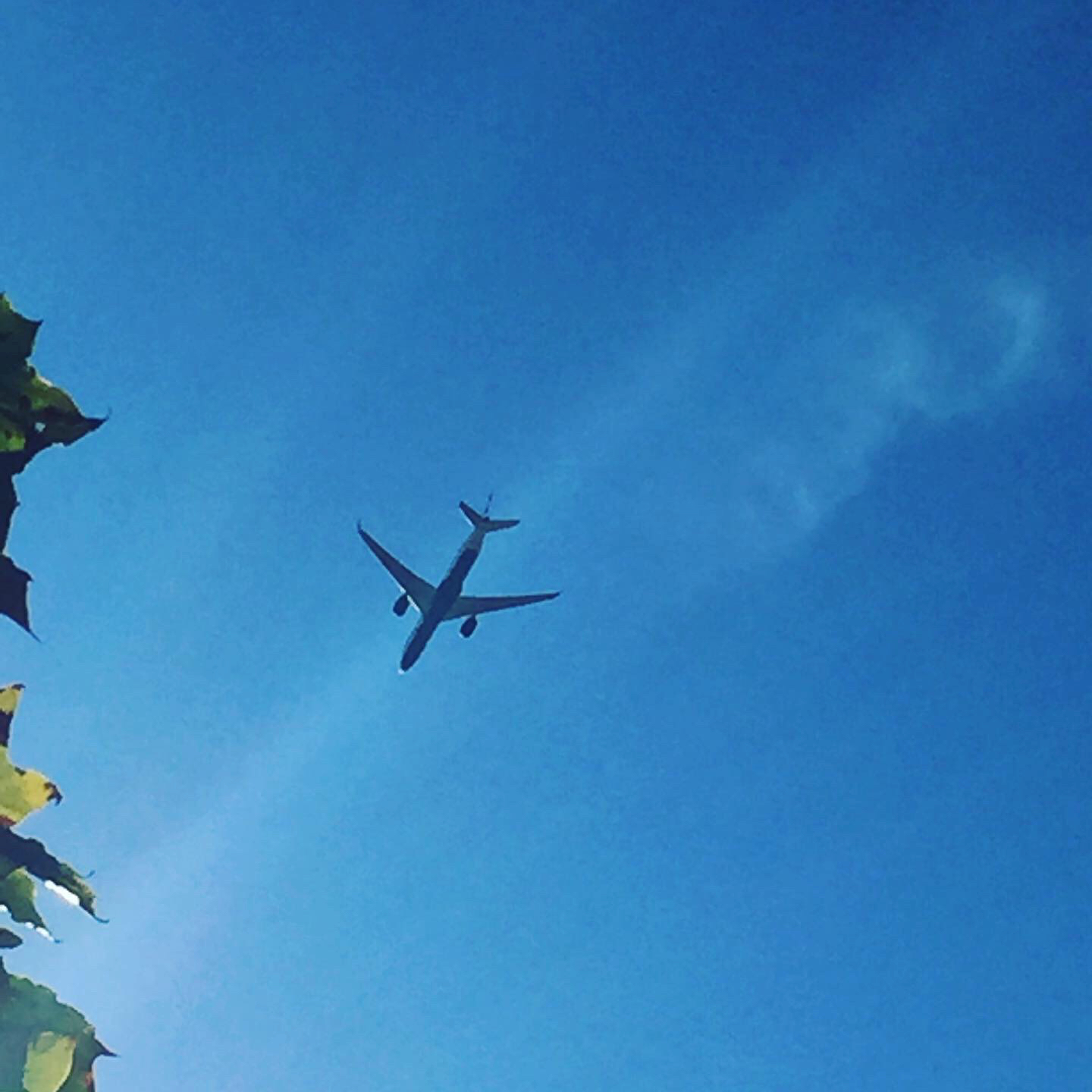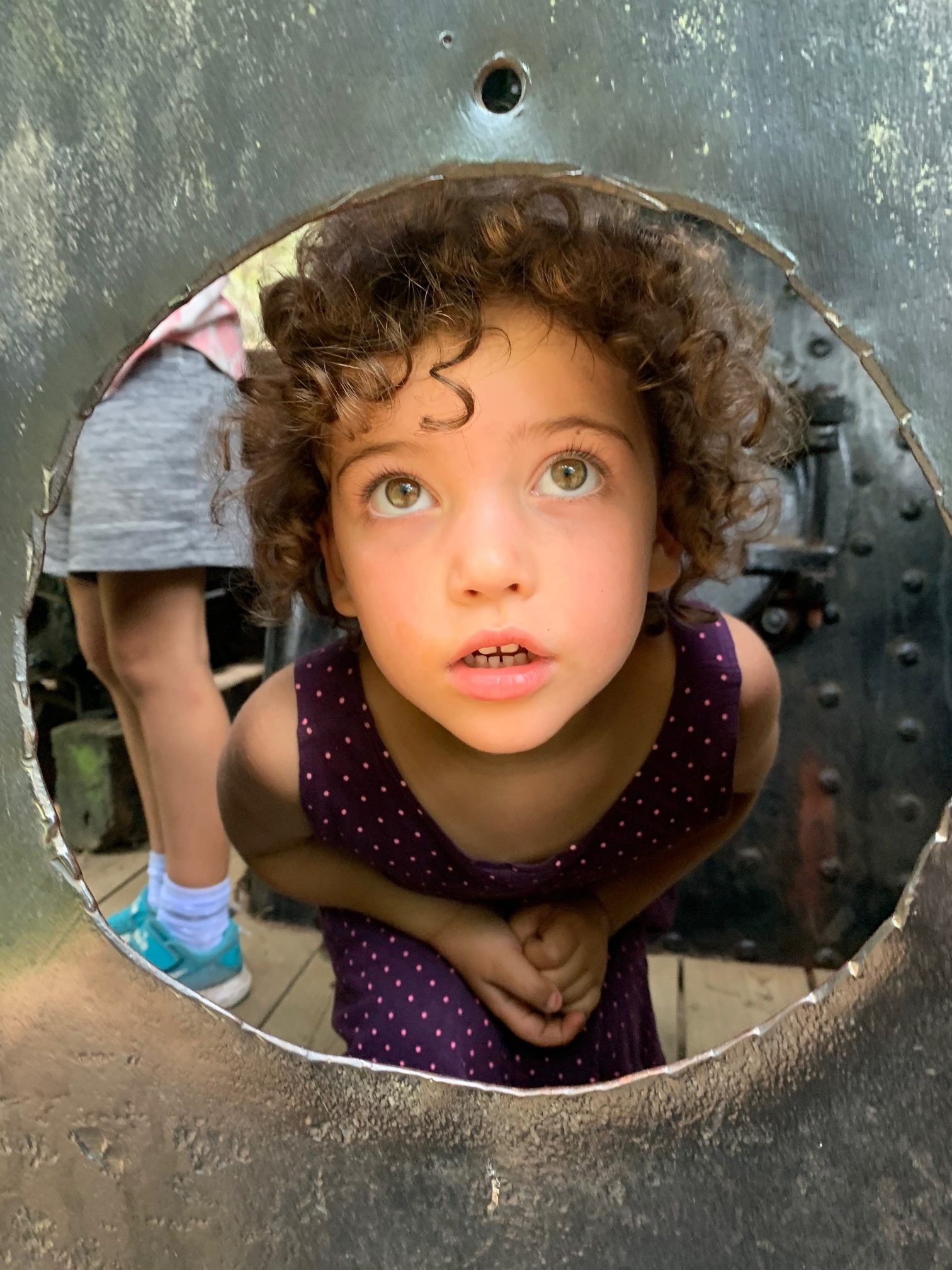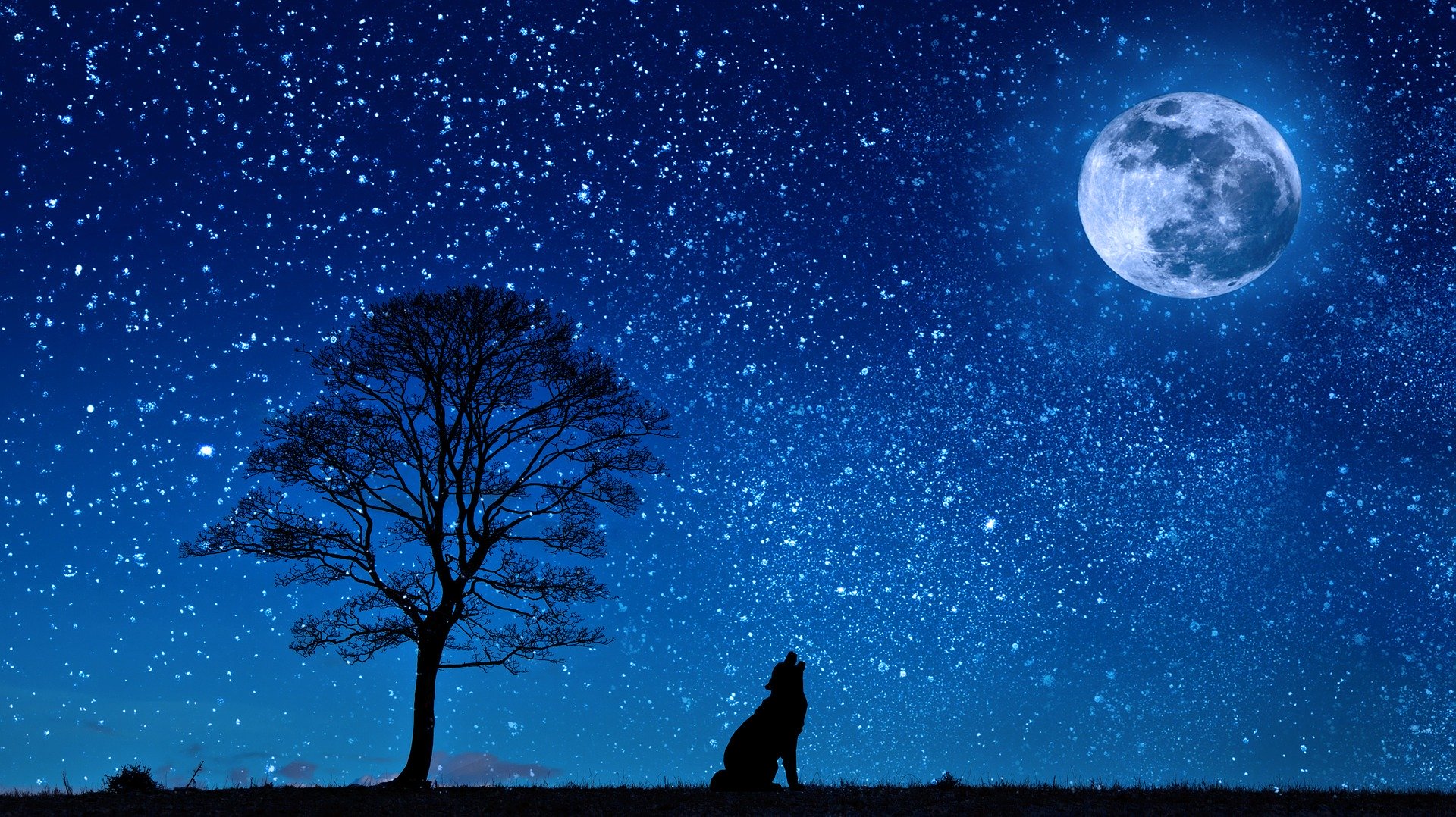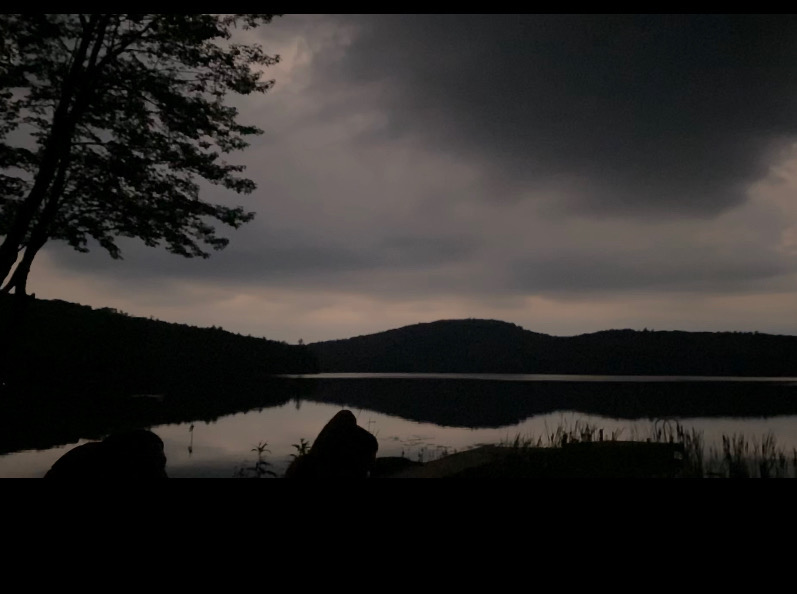I think of myself as being a happy person. I hope people who know me would describe me that way. What does it mean to be a happy person? Can someone become a happy person? Nature or nurture or both? For me, being a happy person comes from a happy childhood, I was well held, and from fostering a positive outlook on life. I think, to be a happy person, one needs to be content in one’s own skin. To be able to look at yourself in the mirror and at the very least say, “This is it. Here I am, world. Take me or leave me.” To know that whatever or whoever you are in this space, that it is enough. You are enough. More than enough. You are a dazzling star.
That’s happy person talk, forgive me. Happy people speak kindly to themselves and others.
The more I reflect on being a happy person, the more I think being a happy person has to do with being able to accept and delight in other people’s happiness. Happiness as a contagious, infectious, condition. Happiness that is meant to be shared and reciprocated. Happiness that bubbles forth and rejoices in everyone it meets and touches.
To be a happy person does not mean that you are forever happy. Like everyone at some point, I have experienced deep soul-crushing grief and sadness. Huge losses. Major setbacks and failures. But the happy person finds their way back to the light. In their own time, to be sure, but the light is a beacon that calls and the happy person must eventually answer. The happy person is the light. You may argue with me here or disagree, but part of being a happy person is about making the choice to be one. “Is this yogurt cup half full or half empty?” Penelope asks me this morning. I’m always leaning toward half full.
But the flip side is not true. Unhappy people have not necessarily chosen to be so. I am not being so flippant as to suggest one can simply will their way into happiness. Many folks need medication to get there. If I needed medication to feel happy and content, I would take it, if I could.
True feelings of happiness at its height are fleeting even for the happy person. But the happy person walks around content. With a smile on their face. The smile makes the happy person feel good (and sometimes it’s the other way around). I don’t buy ‘fake it until you make it’; the happy person is genuinely happy, and I think they are so because they have allowed themselves to feel their true feelings as they arise, and they have dealt or are dealing with those feelings— even the uncomfortable ones. Especially the uncomfortable ones. I feel happiest when I’ve dealt with my feelings, and to do so, I often use the page.
I think the simplest things in life make me happiest and bring me the greatest joy. And by simplest, I mean the things that come naturally. My love for my children. Getting up early and catching the winter sunrise dance in the sky. Taking the dog for a walk on a frosty morning and seeing my cold breath suspended. The first steaming sip of my earl grey tea to begin the day that jolts me awake. Tucking myself into bed early, pulling the cozy flannel sheets right up over my chest and cracking open a new book to read. My husband’s warm hand tucked gently around my waist. Finishing writing a sentence on a page.
I have faced ridicule and spite for being a happy person. And found myself in awkward situations. Wives whose husbands have asked, “Why can’t you be happier, like Adelle?” Comparison is the surest way to feeling unhappy, and I’m guilty of it myself.
As a kid, I was a competitive gymnast. Participating in sports throughout my life has brought me great happiness, and exercise remains an instant mood booster for me. At fourteen, I was at the height of my gymnastics career and dating a high school boy. I used to think, at that time, that being happy meant denying sadness, but I now know that’s not true. I was introduced to a girl who had a crush on my boyfriend. I didn’t know she was interested in him. “Hi! I’m Adelle!” I said in my singsong teenage gymnast voice, extending my hand. I was happy to meet her, a new face. She ignored my hand and sneered at me, then turned to the person behind her and said, in a mock tone, “Hi! I’m Adelle” And I remember the shock of that blow, of being mocked for who I was and how I spoke and the realization that not everyone accepted me for who I was, even when I’d conceivably done nothing wrong. And perhaps it’s my life’s work to realize that being a happy person does not mean that I need to please others. Being a happy person does not mean that it is my job to make other people happy.
Being a happy person is about finding that happiness, creating and fostering it first for myself. That happiness is then shared with the people I love and those in my sphere. Those who truly love me never begrudge my happiness.
End Note:
Over the course of writing this blog, I experienced some deeply unhappy feelings. I usually write blog posts on a different day than I end up posting them. This post was written during a pleasant morning when I was feeling quite happy and content. The next day, the wind shifted. My aunt died. My daughter was diagnosed with a life-altering disease. Innumerable other small unhappinesses seeped into my life unbidden and unannounced, just like that, at the passing of a day. I thought, oh great, how am I going to post that happy person blog now when I’m feeling decidedly unhappy? I wanted to scream I feel like crap at the version of myself that declared herself fulfilled. Time passed. I worked on other pieces of writing and let the blog sit. I waited some more. Friends texted. I visited with family. I talked my feelings through with my husband and gave myself a bit of space to process. A few days later, something had shifted. I could see the things waiting for me that brought me joy and that lifted my spirits. I accomplished a few difficult tasks. I tried my best to stay true to myself and my own needs and desires, in addition to giving to my family and the community around me. I did yoga first thing. Went for runs. I found rhythm in my work. And the happiness hung around like a glow, almost perceptible in my chest, its embers flashed and danced inside me again.

